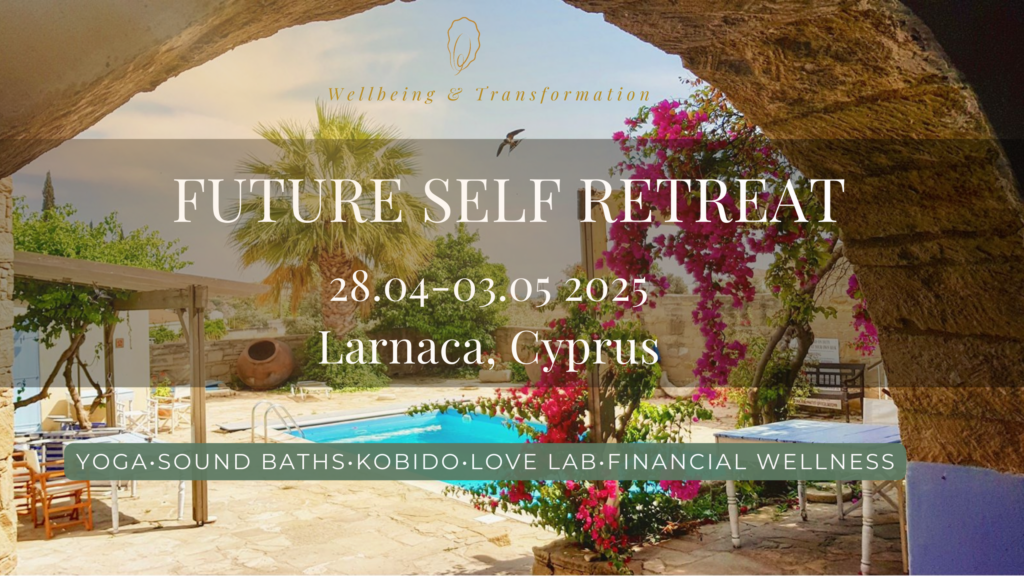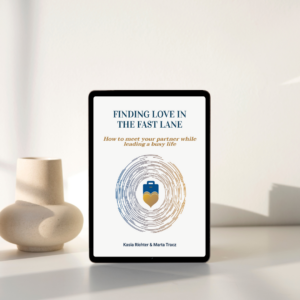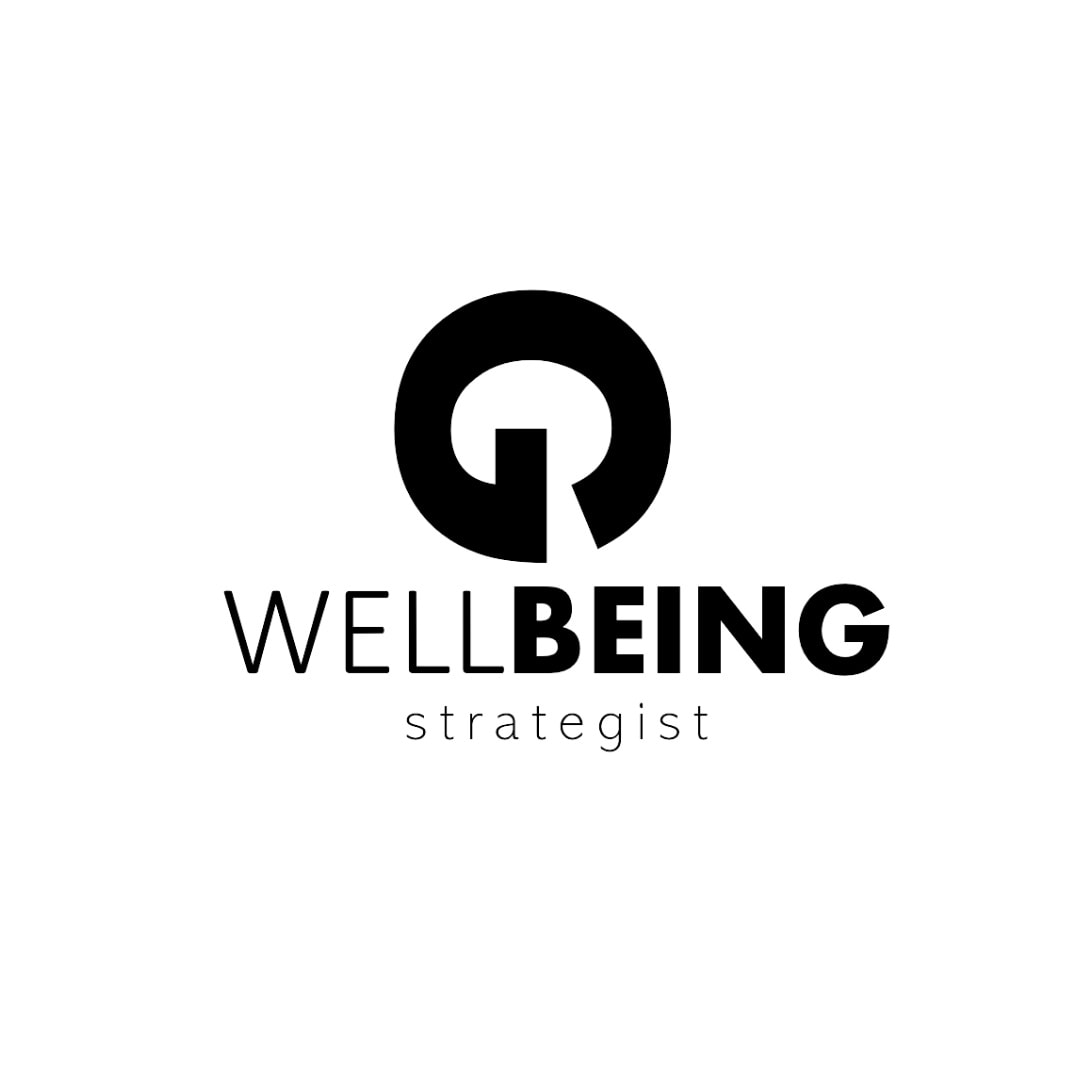In today’s fast-paced world, slowing down feels almost impossible. Between constant notifications, deadlines, and societal pressure to stay productive, taking a real break may seem like a luxury. But the truth is, breaks are essential for your mental well-being and productivity. In fact, science supports the idea that both brief pauses and extended getaways are crucial for mental clarity, creativity, and resilience. Let’s dive into why breaks are so important and how to make room for them in your life.
1.Understanding Burnout: Recognizing Signs and Finding Relief
Burnout goes beyond everyday stress; it’s a state of deep emotional, physical, and mental exhaustion caused by chronic, unrelieved stress and intense work demands. Unlike typical stress, which may be temporary, burnout shows distinct symptoms like severe exhaustion, increased cynicism, and detachment from work. This can lead to decreased effectiveness, impacting both mental health and physical wellbeing. Many executives and high-stress professionals experience burnout, with studies showing 76% of employees report feeling burnt out. Taking regular breaks and practicing work-life balance strategies can be powerful burnout prevention steps. These actions can lower cortisol (the stress hormone) and raise oxytocin (the bonding hormone), helping you feel more resilient, connected, and motivated.
2. The Hidden Costs of Always Staying “On”
In today’s world, where we’re constantly connected through emails, social media, and endless notifications, the line between work and personal life is increasingly blurred. It’s easy to feel like we need to stay “on” all the time, juggling multiple tasks and always being available. However, research shows that this constant connectivity and pressure to remain productive has a hidden cost—one that affects both our mental health and productivity.
According to a study by the American Psychological Association, the constant urge to stay connected and “on” contributes to heightened stress levels. In fact, people who feel the need to check work emails outside of office hours report higher levels of stress and lower overall job satisfaction. Chronic stress can be a silent killer, leading to burnout, anxiety, and even physical conditions like heart disease.
The science behind this is clear: our brains are not designed for constant focus. Research by the University of Illinois found that the human brain can only maintain intense focus for about 90 minutes before it begins to lose efficiency and productivity. After this window, our cognitive abilities start to decline, and the likelihood of making mistakes increases. Without proper breaks, the brain becomes overloaded, leading to decreased memory retention, concentration problems, and increased likelihood of errors.
To put it simply, when you push yourself to stay “on” for hours at a time, you’re not being productive—you’re actually working against yourself. It’s not just about fatigue; it’s about cognitive overload that harms your efficiency in the long run.
Studies also show that without regular downtime, stress levels keep building, contributing to higher levels of cortisol (the stress hormone) and disrupting the balance of essential neurotransmitters like dopamine and serotonin, which regulate mood. This chronic imbalance affects not only your work performance but also your emotional well-being, making it harder to relax and focus on what truly matters.
In short, constantly being “on” isn’t sustainable. It’s essential to take breaks to replenish your mental energy, reduce stress, and restore your focus. Making space for regular downtime—whether that’s through daily micro-breaks, weekends off, or immersive retreats—allows you to avoid burnout and return to your tasks with renewed clarity and creativity.

3. Mindset Shift: Taking a Break Isn’t a Luxury—It’s a Priority
One of the biggest barriers to taking breaks is often our own mindset—the nagging feeling that downtime is somehow “wasted” time or even indulgent. But this couldn’t be further from the truth. In fact, reframing breaks as essential to your well-being and success is one of the most powerful steps you can take. Research consistently shows that when people prioritize time for themselves, they don’t just feel happier—they’re also better equipped to handle stress and bounce back from challenges.
Think of it like refueling a car. If you drive endlessly without stopping, you’ll eventually run on empty, which leaves you more stressed and less effective. But treating breaks as a regular priority, instead of a rare luxury, helps keep your “tank” full, making you more resilient, balanced, and ready for what life throws your way. Taking this step isn’t just about feeling better—it’s about setting yourself up for lasting productivity and fulfillment.
4. How to Plan Breaks That Really Recharge You
Different breaks meet different needs. Here’s a breakdown of the types and how they can recharge you:
- Daily Micro-Breaks: Short, frequent breaks every 90 minutes reduce stress and increase focus. Even a quick walk or breathing exercises can help.
- Weekly Downtime: A day off or a weekend getaway refreshes your mind and reduces stress. People who regularly take weekends off report lower burnout and higher job satisfaction.
- Extended Retreats: Sometimes, you need an immersive experience. Retreats like our Future Self Retreat in Cyprus offer a full mental reset. These extended breaks can reduce anxiety, improve mood, and help you reconnect with yourself on a deep level.

5.Mindset Shift: Taking a Break Isn’t a Luxury—It’s a Priority
For many, the idea of taking a break feels like a luxury—a rare reward only for the end of a long, exhausting effort. But what if we could see breaks as part of our path to success, not something to squeeze in after success is achieved? Shifting your mindset to treat breaks as essential can be a game-changer. Studies show that people who routinely set aside time for themselves actually enjoy more joy, resilience, and capacity to handle stress, often thriving more than those who just push through.
Think about it this way: Imagine your brain as a smartphone battery. If you constantly drain it without recharging, it won’t hold up when you need it most. But when you regularly plug it in, you keep your mental battery full and functional, ready to help you work, connect, and enjoy life. Taking breaks regularly is like plugging yourself into the mental “charger.”
However, one of the biggest hurdles to making breaks a routine is financial planning. Often, it feels like we have to choose between work and finances or taking time for ourselves, but with some proactive steps, you can set yourself up for both. Here are some ideas to make breaks more feasible, both financially and practically:
-
Build a Break Fund: Start by creating a small “break fund,” even if it’s just a few dollars each week. Over time, this fund can grow into something substantial—enough for a weekend getaway, a relaxing retreat, or just a few mental health days off.
-
Budgeting for Flexibility: Setting aside even a small amount each month can make a big difference when it’s time to plan a trip or an extended break. Budgeting for breaks, as you would for other expenses, helps ensure they actually happen without financial stress.
-
Alternative Getaways: Breaks don’t have to be about expensive vacations. Look into staycations, day trips, or local retreats that can give you the restorative benefits without straining your wallet. Sometimes a day at a nearby park or a cozy weekend at home, treating yourself to simple pleasures like a favorite book or a home-cooked meal, can provide just as much benefit as a far-off trip.
-
Creating Passive Income: One option that can support the ability to take breaks is setting up passive income streams. Whether it’s investing a small amount each month or turning a hobby into an online course or product, even small passive income can help make time off feel less financially daunting.
Remember, the key to making breaks a part of your life is seeing them as a priority that directly supports your well-being and productivity. By shifting your perspective and planning for breaks, you’re actually investing in a happier, healthier, and more resilient version of yourself.
6.How Our Products and Retreats Can Support Your Well-being Journey
At the core of everything I offer is the belief that taking time for yourself is essential—not just as a luxury, but as a real necessity for your well-being. That’s why I’ve created products like stress-relief candles and Burnout Recovery Guide For Female Entrepreneurs, designed to help you create a peaceful, calm space at home where you can truly relax and recharge. These small but powerful tools help you step away from the chaos of everyday life, even if it’s just for a few minutes.
But sometimes, we need more than just a moment. If you’re feeling like you need a real reset—a true break from the pressures of your busy life—I want to invite you to something truly special. Our Future Self Retreat in Cyprus is exactly that: an immersive 6-day experience from April 28th to May 3rd, 2025, where you can disconnect from the world, gain fresh perspective, and start again with clarity and energy. The retreat is designed to help you reflect, reset, and rejuvenate in a stunning environment. With limited spots available, this is an opportunity to gift yourself the space to dive deep into your own journey, away from the distractions of daily life.

But if you’re looking for something more local, we also have Wellbeing House events in London that offer a similar sense of relaxation and rejuvenation. I’m hosting a Gong Bath events at Wellbeing House, where the healing sounds of the gong will help you release stress and connect to a deep sense of peace. It’s the perfect way to relax and recharge your energy for the busy season ahead.
Taking time for yourself is never indulgent—it’s vital for your health, clarity, and long-term success. Whether you choose a local experience like our Gong Bath or a life-changing retreat in Cyprus, I’m here to support you in making your well-being a priority. You deserve to feel your best, and I’d be honored to help guide you on that journey.




